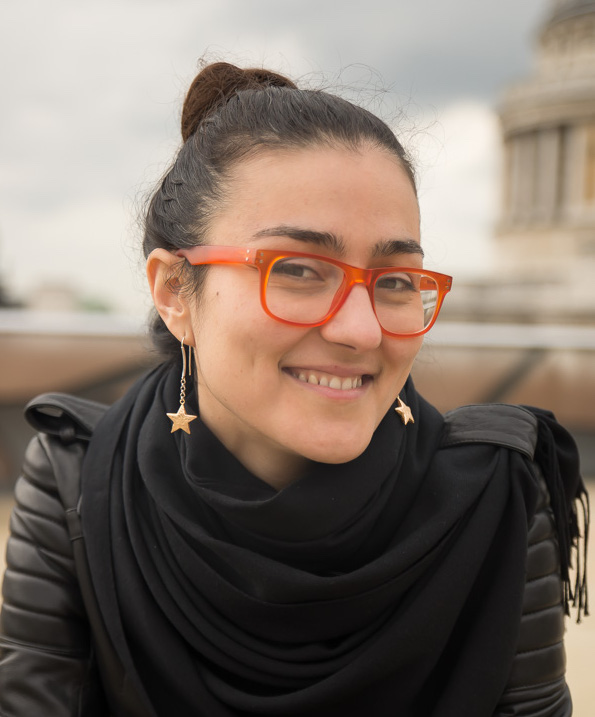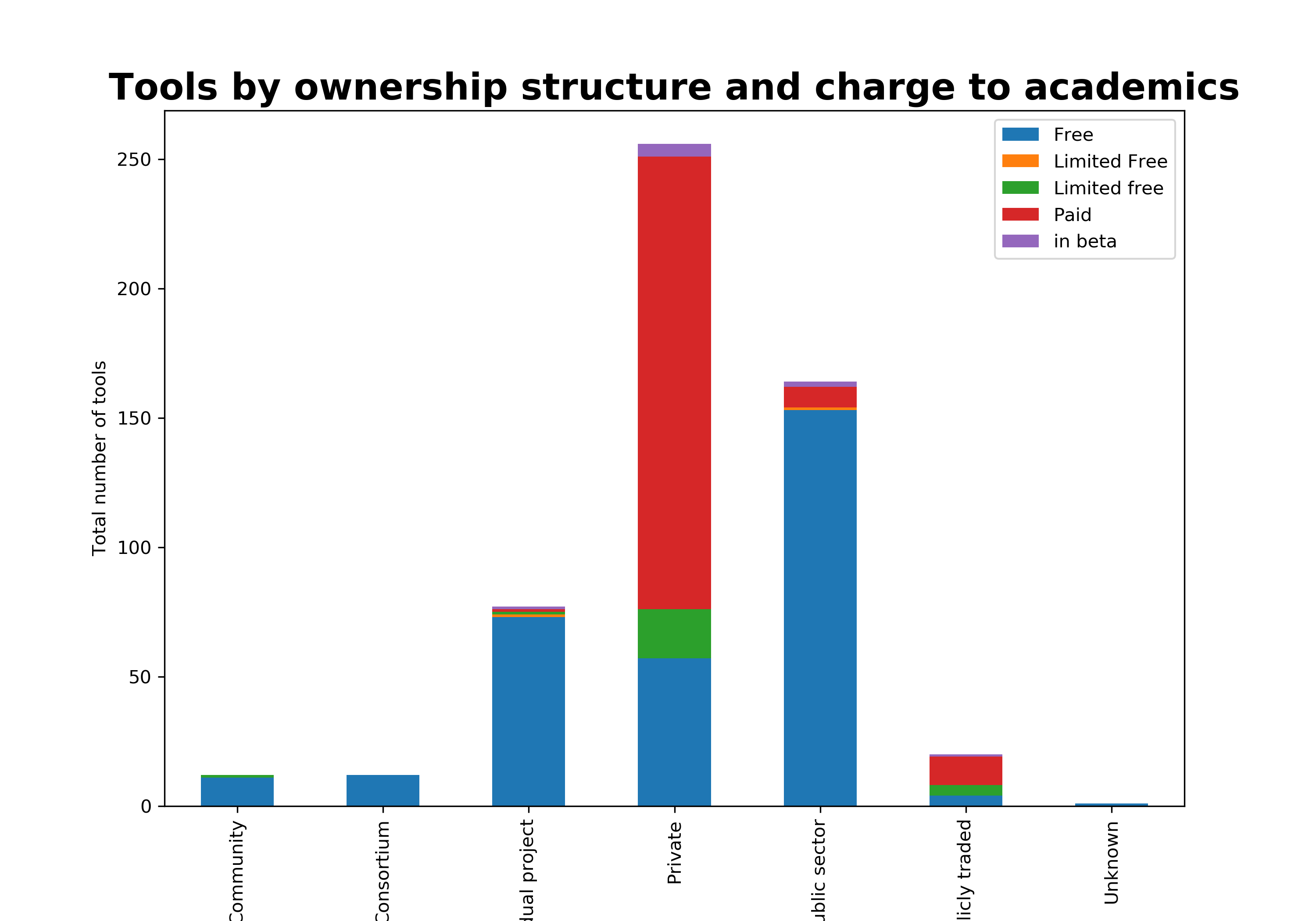PASIG NYC: the other side of preservation
This post originally appeared on Jisc Research Data
Last week, Paul Stokes and I were lucky enough to attend the PASIG conference in New York City. Beside it being hosted by the greatest Museum of Modern Art (I am definitely biased and recommend 5th Floor!), it was packed with delegates and information. Almost 300 people attended to listen and engage in 3 days with about 50 presentations and lightning talks. Anything from the trust and audit of digital repositories, to social media and the internet of things.
As you might imagine, over 3 days many, many different aspects of digital preservation were covered, but a few caught my eye in particular; partially because they’re areas not often discussed in preservation circles and partly because they relate to research data. After all, one person’s digital preservation object very often becomes another person’s research data.
What about the environment?
Amongst the many challenges faced by those undertaking digital preservation, curation and archiving, one that is little discussed or brought up relates to the unaccounted environmental impact, political and social responsibility. Two sessions on day 3 focused on these aspects.
We all know but often forget that preservation requires energy for processing storage and so on. In the US, data centres consume about 1.4% of the total energy. Ben Goldman and Sally Kalin from Penn State University compared the demand for electricity of these data centres to the 6th largest country in the world. Facebook, for example, used over 150 million gallons of water just to cool their data storage facility in the past year.
¿Usted habla español
Interestingly and similarly oblivious we may be to the fact that preservation standards discourses discriminate against non-English materials and objects. Elvia Arroyo-Ramirez from Princeton University pointed out the perceived limitations and the tendency of digital tools to perpetuate stereotypes in a specific case study: processing the personal archive of the Argentinian poet Juan Gelman. Around 20% of the file names to be processed contained diacritics. Diacritics are common in Spanish, but many of the preservation tools consider them ‘illegal characters’.
Your preservation object is my research data
Another focus of PASIG NYC was research reproducibility and preserving research data for the long-term. A service that caught my attention within this strand was the Scholars Portal, which was developed for and by a consortium of 21 university libraries in the Ontario area, Canada. Alan Darnell, the Director of Scholars Portal services, talked about their work and how they designed the Scholars Portal in order to move the data out of the hands of researcher and into a place where it can be stored safely and backed up.
The full PASIG event agenda is still available on the main site and all the presentations are on figshare. The next PASIG will be at Oxford University on September 11-13 2017.
These and similar topics are regularly discussed on the Research Data Network site and at the Research Data Network events, next one taking place at the University of St Andrews on the 30th of November.




